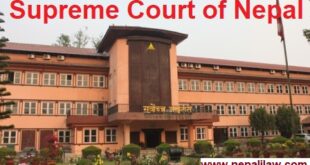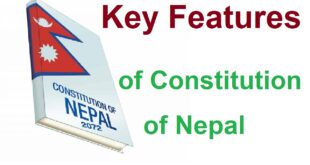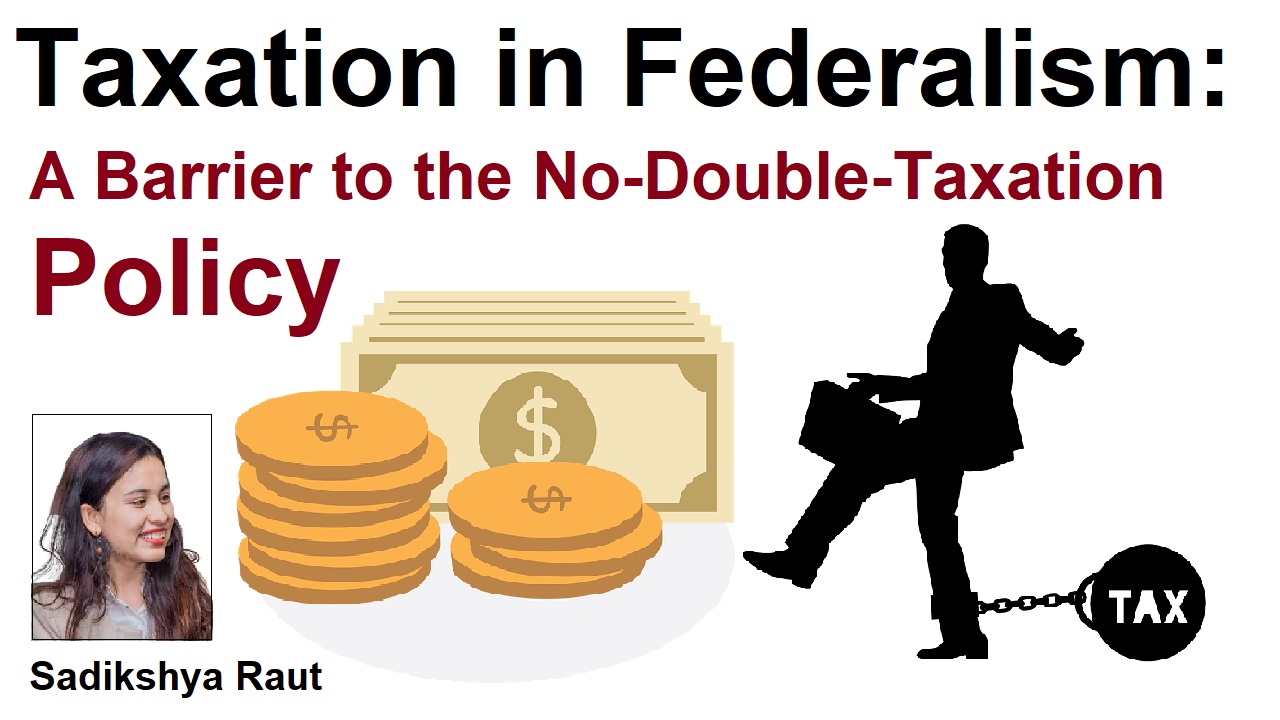Judicial notice is used by a court during declares a fact presented as evidence as true without the appearance of evidence. A court may take judicial notice of questionable facts. Certain facts are should be now always within the knowledge of the court. Too many such facts need not be proved an offense.
Judicial notice takes as proven certain facts without hearing evidence. Likewise, the facts which are beyond controversy are known as judicially notice. For instance, a year has 12 months, Baishakh is the first month in the context of Nepal, and similarly, Falgun 7 is the democracy day. Judicial notice has mentioned in section 5 of the Evidence Act 2031of Nepal.
As per Nepalese law some examples of the judicial notice are follows;
- The National Anthem of Nepal
- Signature(sign-manual) of the Head of State
- The geographical condition of the country
- The constitution of Nepal
- Legislation and the laws of Nepal
- Notice Published in Nepal Gazette
Additionally, other facts which are beyond dispute the court are regarded as practiced of the law of Nepal and the constitution. The facts expressed above are one celebrated and beyond dispute. A notice distributed in Nepal Gazette is the notification of the Nepal Government to the public on the loose.
So, such certainty is taken by the court without pursuing the cycle of admitting proof. Be that as it may, when the court is not certain in any reality, the court may request to the parties to the litigation to produce such materials which assist it to take legal notification. Such materials are not proof; they are materials that assist the court to revive its memory.
On the off chance that any court concedes any improper proof or rejects appropriate evidence in any court proceeding the decision does not fail or stand for the very explanation except if it is proved that the rejection or admission of any evidence has a vital effect at the mediation.
The court might take judicial notice of the undisputed facts of common knowledge. But a party to the case requests to take judicial notice of any fact, the court may issue an order to that party to submit required evidence regarding that fact and the court may deny taking the judicial notice of that fact unless evidence is produced to the satisfaction of the court or court might help of any book or document to take judicial notice.
 Nepali Law A complete legal information portal
Nepali Law A complete legal information portal



